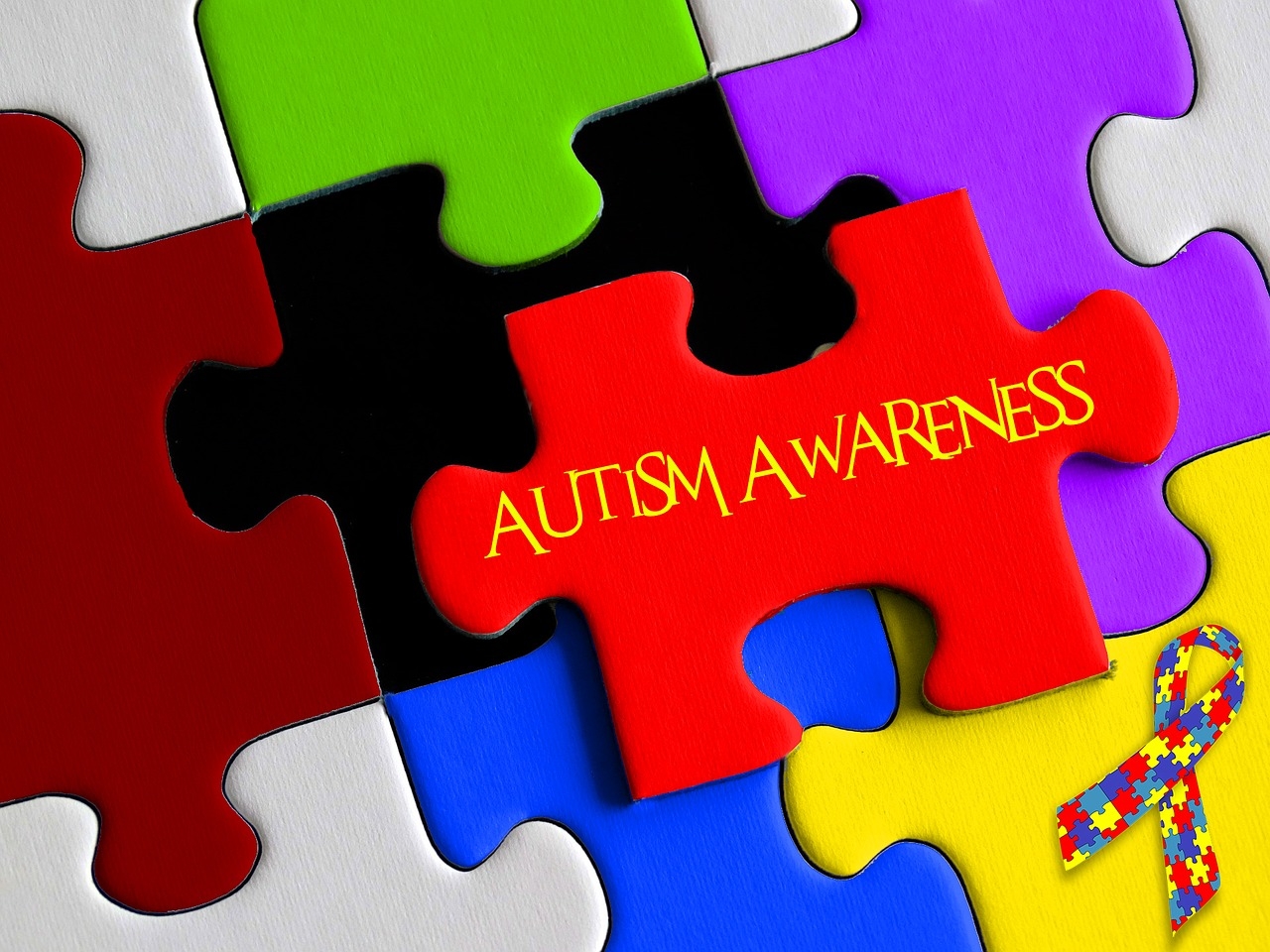
Ensuring your child knows you love him unconditionally
Dear Adele,
Question
I’m worried that my preteen son may not feel loved because I never tell him that I love him. I am just not that touchy-feely, mushy-gushy, emotional kind of guy and feel quite uncomfortable with saying “I love you” to a five-foot-six, hundred- and thirty-pound hunk of a 12 year old. How can I let him know how much I care for him?
Silent Sam
Answer
Dear Silent Sam,
The Oxford and Miriam Webster dictionaries among others, have dozens of definitions of love, many of which likely describe the feelings you have for your progeny. Some common ones include: to feel a deep affection for someone; to have an intense feeling of deep affection; to be deeply committed and connected to someone; to wish another well and want nothing more than their happiness.
I assume that your feelings for your son are described in one of these definitions at least. However, telling him directly with the words ‘I love you’ has become difficult as he has grown you say. Rest assured you’re not alone Silent Sam. There are hordes of dads out there just like you. Let me try to help.
Unconditional love for a child is the foundation upon which a healthy mind, heart, and body is built for children. Like the gasoline in the tank of an automobile gets used up to power the vehicle, love is the stuff that fills the emotional tank used to drive the child forward to reach his potential. It is a tank that must be kept fully topped up by parents every time the gauge gets low. It is not enough that the love be offered, but the child must know and feel that he is loved unconditionally, with no strings attached by his parents.
Unconditional love completely accepts the child for whom he is, no matter his behavior or performance. Conditional love on the other hand is offered when the child behaves or performs according to the parent’s expectation and desires. This kind of love is acknowledged by gifts and rewards or privileges bestowed upon the child when he meets the parent’s expectation. Unfortunately, children receiving conditional love may develop resentments, insecurities and feelings of not being loved.
You, Silent Sam, need to acknowledge your love for your child, hopefully an unconditional one and learn how to make him feel loved, even if saying the words is tough for you. Don’t be discouraged because there are many ways to tell a child he is loved and meet his emotional need to know the special place in your heart that he holds. You will need to become a love linguist.
Gary Chapman and Ross Campbell, New York Times best-selling authors, discuss this subject in an excellent book I recommend to you entitled,’ The 5 Love Languages of Children’. The authors suggest that words are only one way to express love and make a child feel loved. They suggest that children often have other love languages they understand better. The languages are physical touch, words of affirmation, quality time, gifts and acts of service. Why not learn the languages and teach all five to your child?
Physical touch as an expression of love comes quite easily to the parents of infants. Research has shown that the deprivation of touch in infants in international orphanages has resulted in significant mental and physical delays in children’s development. In most homes, we know that picking babies up, cuddling them, rocking them, soothing them and kissing them often settles them nicely and makes them feel comfortable and loved. As children get older, we use some of the same touching techniques, while others drop off as culturally less acceptable. For preteen males acceptable physical touching by a dad could be an arm around his shoulder or touching an arm or hand while assisting with homework, a kiss on the forehead or cheek when saying good night, a robust embrace after winning a baseball game, wrestling on the living room floor, or roughhousing while swimming in a pool.
Words of affirmation can be very important in building a child’s self-esteem. Saying that you liked the way your boy made his bed or you are proud of the effort he put in to get the B on his math test are encouraging statements. Best not to use or overuse praise however, because if you use it too frequently your words may sound insincere and have little positive effect. An example of praise would be a statement such as ‘Great catch!’, or ‘Awesome play!’ when in fact the performance was quite average. A Post-it note in a child’s lunchbox with some encouraging words is an example of speaking this language.
Some children’s primary love language is quality time. Such children seek their parent’s undivided attention. It could be that offering your child 20 minutes a day of one-on-one time will satisfy his need to feel loved by you and fill up his love tank. Planning special events or activities which are done one-on-one with a child for longer periods of time, on a regular basis are helpful in communicating your love to the youngster. Why not consider an overnight trip just with your boy doing something you both would enjoy? How about seasons tickets to a sporting event, or a weekend skiing or camping excursion?
Gifts are the fourth love language. Gift giving and receiving can be an excellent way to show love. With the well-chosen gift the message of love can last for years and even a lifetime. It is not the cost of the gift or the value of the gift materially but the feelings of love that the gift engenders. Gifts should be given not as payments and not as something a child deserves, but as a free expression of love by the donor. It should be sincere. A small carefully chosen or made gift wrapped carefully can remind a child that he is loved, simply because you thought about him.
The fifth love language, acts of service for your child, will help make him feel loved. When you took on parenting you took on 18 years of commitment to be of service full-time, with the expectation of part-time service for a lifetime. Not only will you be expressing love for your child with this language but you will be modelling service to others as a desirable behavior for a lifetime. When you help coach your child’s sporting activity, help your child with his homework, assist him in collecting funds for charity, or set up a movie for him when he is sick lying on the couch, you are speaking the acts of service language. This tells him ‘I love you’.
Chapman and Campbell state that “No child can receive too much appropriate unconditional love”. They say it is impossible to give too much of it. They say that unconditional love is a child’s greatest emotional need.
So, fear not Silent Sam! You do not have to speak English to tell your child of your love. Try speaking one or more of the five languages Chapman and Campbell have delineated so well in their book. Your boy is sure to feel loved, his emotional tank will be full, and he will grow to be a healthy, emotionally sound individual.
I will finish with a few quotations on this topic which might inspire you:
‘Love as powerful as your mother’s for you, leaves its own mark. To have been loved so deeply… Will give us some protection forever.’ — J.K. Rowling
‘Behind every young child who believes in himself is a parent who believed it first.’ — Matthew Jacobson,
‘My parents are my back bone. Still are. They are the only group that will support you if you score 0 or you score 40.’ — Kobe Bryant
May you become a fluent multi love linguist, Silent Sam.
Sincerely, Adele
I'm looking forward to your questions! Email me at maryadeleblair@gmail.com and please put Heart to Heart in the subject line. Note that all columns will remain anonymous.
Photo: Joseph Gonzalez, Unsplash









